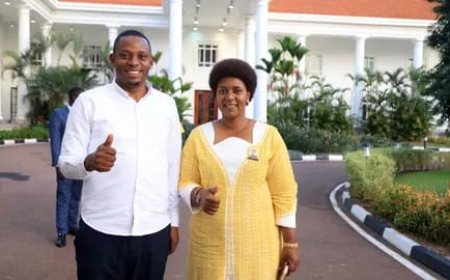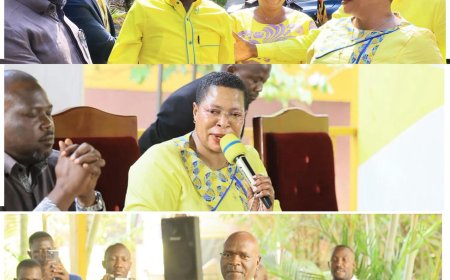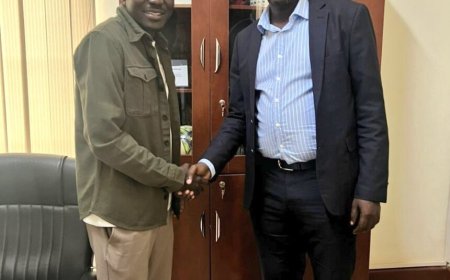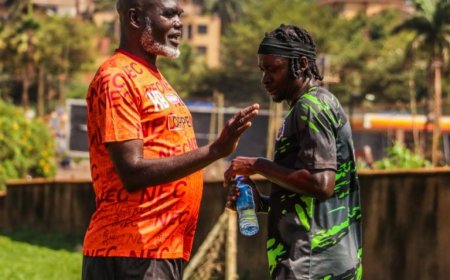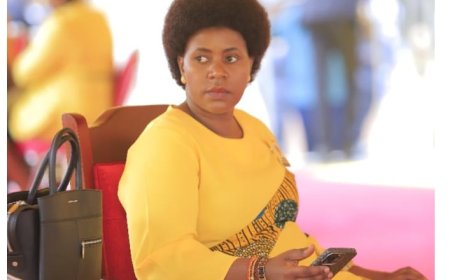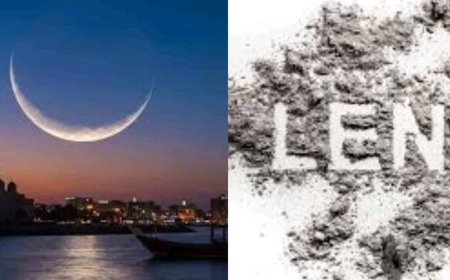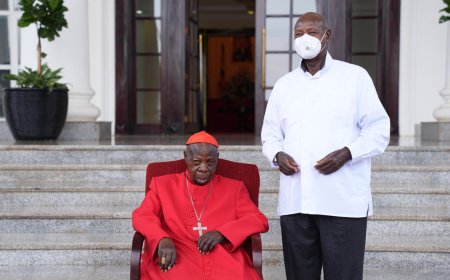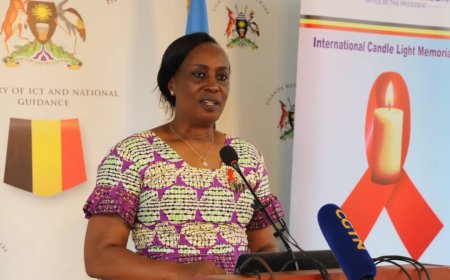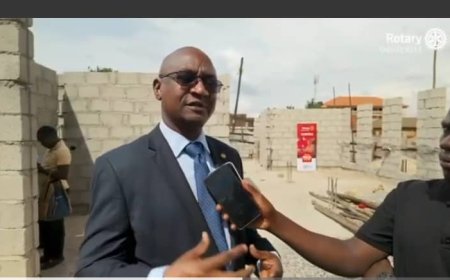Third person cured of HIV after stem cell transplant: study
A man known as 'the Duesseldorf patient' has become the third person declared cured of HIV after receiving a stem cell transplant that also treated his leukaemia, a study said on Monday.
PARIS - A man known as "the Duesseldorf patient" has become the third person declared cured of HIV after receiving a stem cell transplant that also treated his leukaemia, a study said on Monday.
Two other cases with both HIV and cancer, patients in Berlin and London, have previously been reported as cured in scientific journals following the high-risk procedure.
Now the details of the Duesseldorf patient's cure have been revealed in the journal Nature Medicine.
The 53-year-old man, whose name has not been released, was diagnosed with HIV in 2008, then three years later with acute myeloid leukaemia, a life-threatening form of blood cancer.
In 2013 he had a bone marrow transplant using stem cells from a female donor with a rare mutation in her CCR5 gene. The mutation has been found to stop HIV from entering cells.
The Duesseldorf patient then ceased antiretroviral therapy for HIV in 2018.
Four years later, consistent testing found no trace of HIV returning in his body.
The study said that "this third case of HIV-1 cure" provides "valuable insights that will hopefully guide future cure strategies".
CELEBRATING 'IN A BIG WAY'
The patient said in a statement that he was "proud of my worldwide team of doctors who succeeded in curing me of HIV - and at the same time, of course, of leukaemia".
He said he celebrated "in a big way" the 10-year anniversary of his transplant on Valentine's Day last week, adding that the donor was the "guest of honour".
The recoveries of two more people with HIV and cancer, the so-called New York and City of Hope patients, were announced at different scientific conferences last year, though research has yet to be published on those cases.
While a cure for HIV has been long sought after, the bone marrow transplant involved in these cases is a severe and dangerous operation, making it only suitable for a small number of patients suffering from both HIV and blood cancers.
Finding a bone marrow donor with the rare CCR5 mutation can also be a major challenge.
One of the study's co-authors, Asier Saez-Cirion of France's Pasteur Institute, said that during the transplant, "the patient's immune cells are completely replaced by those of the donor, which makes it possible for the vast majority of the infected cells to disappear".
"This is an exceptional situation when all the factors coincide for this transplant to be a successful cure for both leukaemia and HIV," he said.
